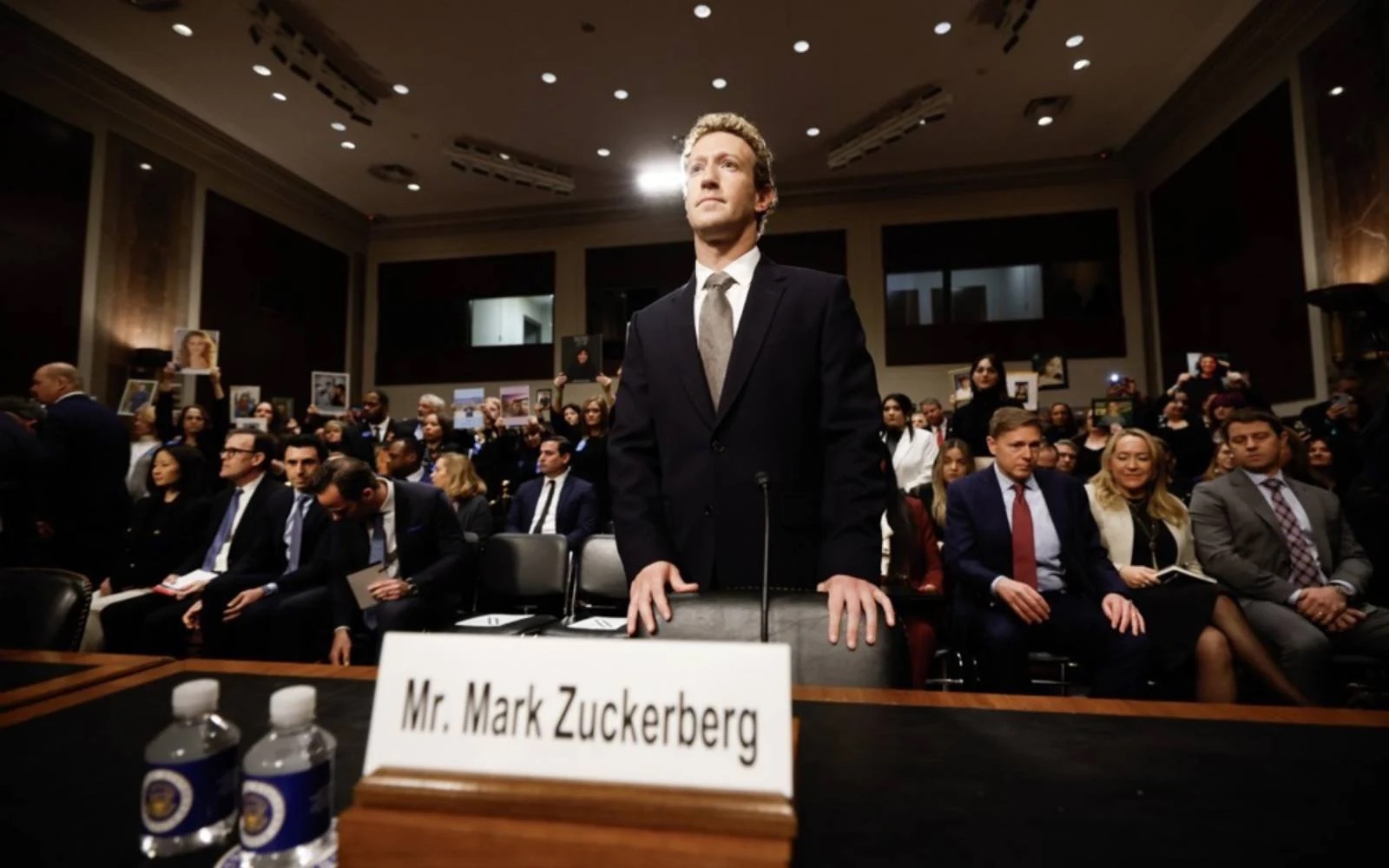
In a highly anticipated antitrust trial, Meta CEO Mark Zuckerberg took the stand to defend his company against accusations that it unlawfully established a social media monopoly through its acquisitions of Instagram and WhatsApp.
The case, filed by the Federal Trade Commission (FTC) in 2020, accuses Meta of stifling competition by buying Instagram in 2012 for $1 billion and WhatsApp in 2014 for $19 billion. The FTC’s argument is that these acquisitions were a defensive strategy to neutralize emerging competition rather than to enhance Meta’s offerings. In response, Meta argues that the acquisitions were aimed at improving and growing Instagram and WhatsApp, with the goal of benefiting consumers.
Zuckerberg’s Testimony and the FTC’s Evidence
Zuckerberg, dressed in a dark suit and light blue tie, testified that Meta acquired Instagram for its camera technology rather than its social network. He also claimed that his emails from 2011 and 2012, which discussed Instagram’s rapid growth and Meta’s concerns about falling behind, were “early” conversations and not indicative of anti-competitive behavior. The FTC, however, pointed to a 2012 memo from Zuckerberg where he mentioned the importance of “neutralizing” Instagram, labeling it as a “smoking gun” in the case.
Meta’s defense rests on the argument that acquisitions made to improve and grow services are not inherently unlawful. “Acquisitions to improve and grow” have been long recognized in antitrust law, said Meta’s lead litigator, dismissing the FTC’s claims. However, the FTC’s lawyer, Daniel Matheson, contends that the intent behind Meta’s acquisitions was to remove competition, particularly the growing threat posed by Instagram to Facebook’s dominance in the social media market.
Meta claims to have 3.27 billion daily active users across its products, with Instagram expected to account for a significant portion of its U.S. advertising revenue by 2025. While Meta argues that the company operates in a competitive market with significant rivals like TikTok, X, and YouTube, the FTC argues that the acquisitions gave Meta an unfair edge by removing key competitors.
The Political Dimension and Zuckerberg’s Lobbying Efforts
Zuckerberg’s political connections also play a role in the case. Meta has made overtures to the Trump administration, including contributing to Trump’s inaugural fund and adding Trump allies to Meta’s board. The company also agreed to pay Trump $25 million to settle a lawsuit over the suspension of his social media accounts following the January 6th Capitol riot. These ties have raised questions about potential political influence on the case.
Zuckerberg has reportedly lobbied President Trump in person to have the FTC drop the case. Meta has denied any political interference, claiming that the FTC’s actions defy reality.
The FTC’s case against Meta is expected to be an uphill battle. Laura Phillips-Sawyer, an associate professor at the University of Georgia, believes the FTC has a long road ahead before even considering the divestiture of Instagram or WhatsApp. Compared to other sectors like online search, where Google holds a near-monopoly, the personal network services sector where Meta operates is more competitive.
As Meta faces off against the FTC, it is not alone in facing regulatory scrutiny. Other major tech companies like Amazon and Apple are also dealing with antitrust lawsuits. Additionally, Google is involved in a separate antitrust case, with the U.S. Department of Justice pushing for a breakup of the company’s search monopoly.
Author’s Opinion
While the FTC’s case against Meta raises important questions about anti-competitive practices, the complexity of the digital landscape makes it challenging to draw clear lines. The growing dominance of social media giants like Meta is undeniable, but breaking them up could have unintended consequences for the users who benefit from the network effects of these platforms. The real question is whether the existing antitrust laws are equipped to handle the unique challenges of today’s tech ecosystem, where competition is often more fluid than traditional markets.
Featured image credit: FMT
Follow us for more breaking news on DMR
